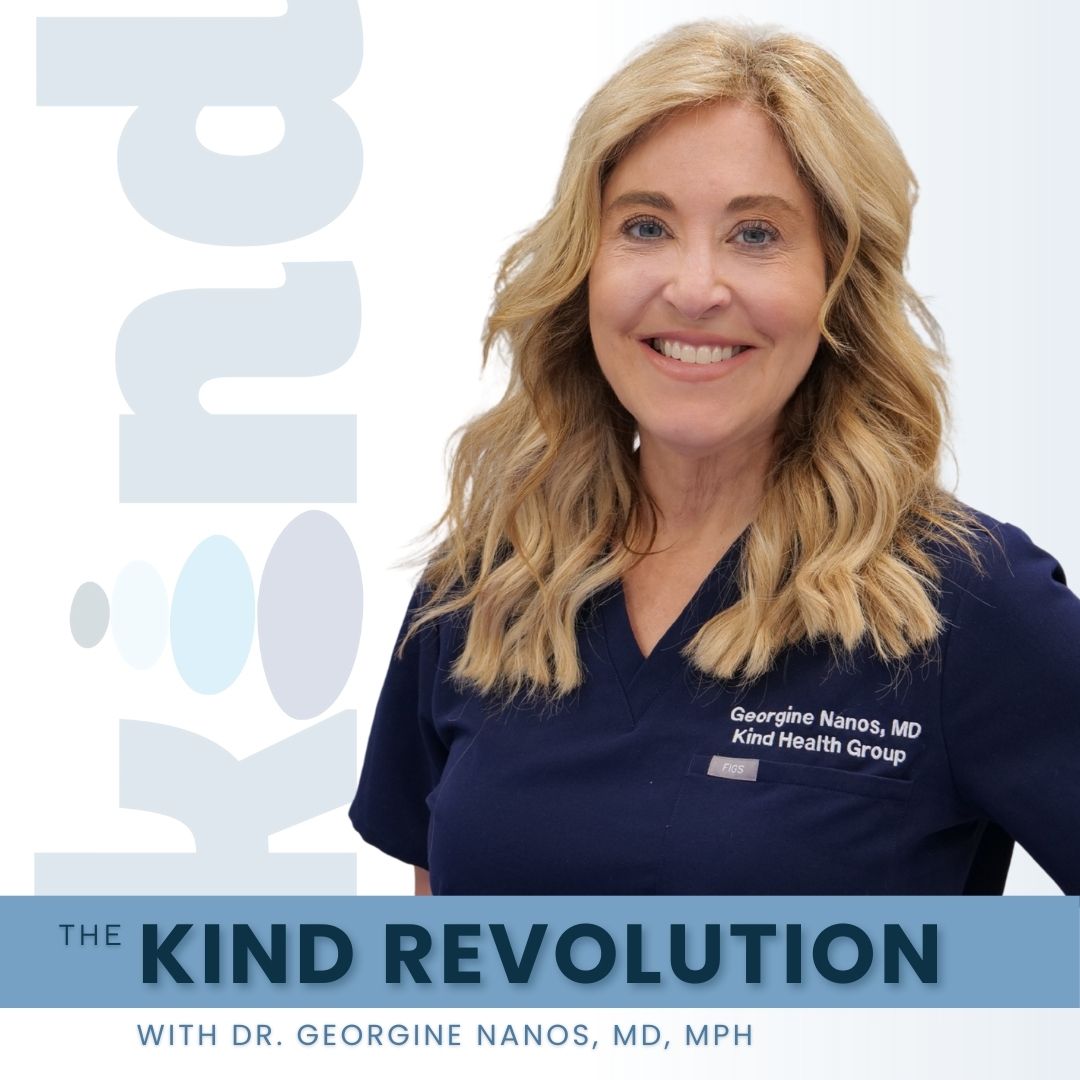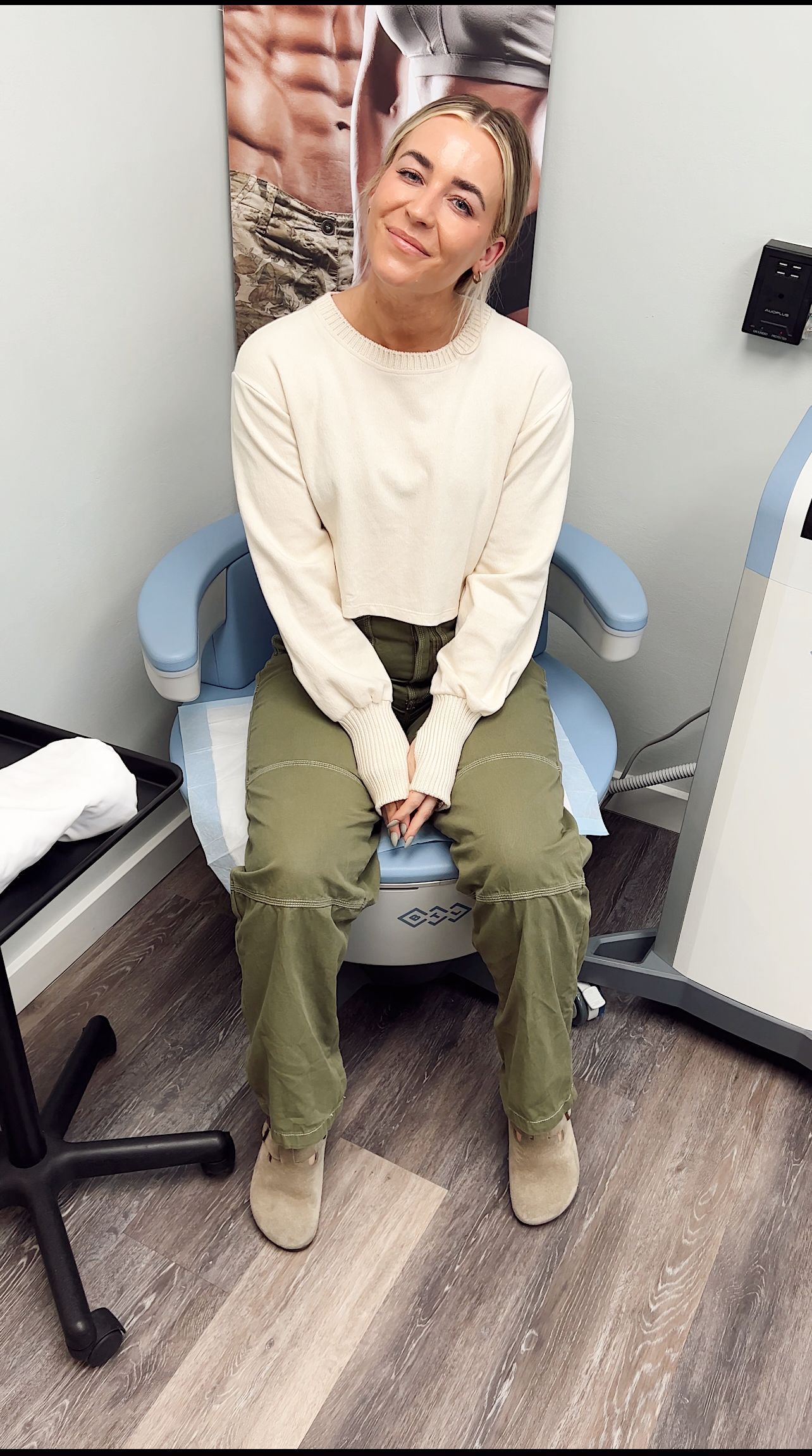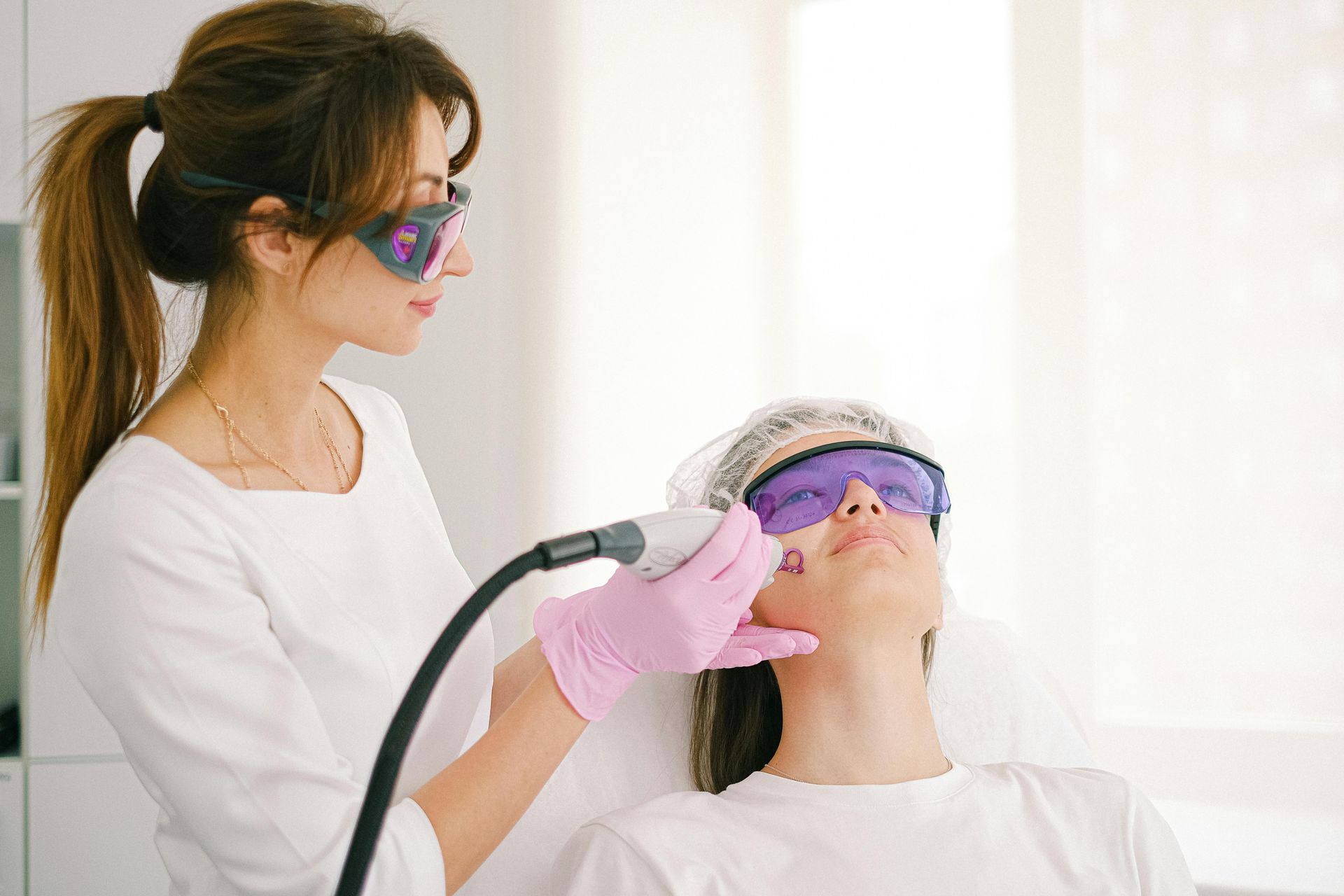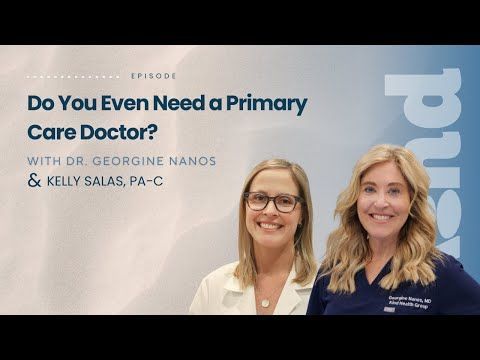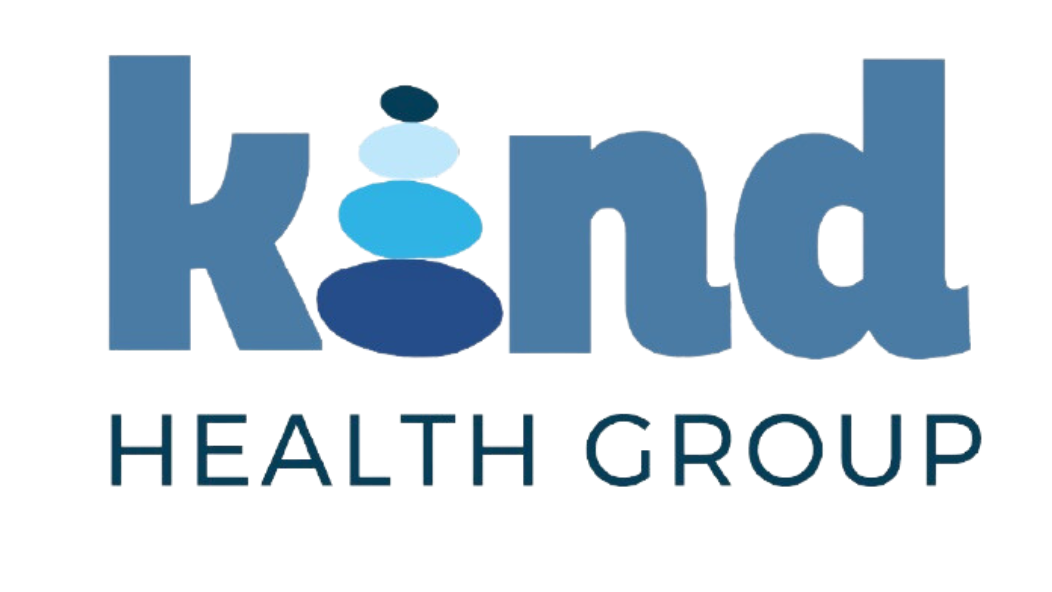The Pink Ribbon Doesn't Do This
October 13, 2025
Why annual screenings aren't enough

In this blog, you will find:
- Why Linda's "perfect" annual physical missed everything that was making her feel terrible - despite normal mammograms, labs, and screenings
- How disease-focused healthcare ignores quality of life, optimal function, and prevention in favor of annual problem-hunting
- The difference between "normal" lab values and optimal health - and why accepting decline as "normal aging" is medical negligence
- What comprehensive, proactive women's healthcare actually looks like when it focuses on thriving rather than just disease detection
- How Linda transformed from exhausted and declining to energetic and thriving with care that addressed the whole person
_________________
Dr. Georgine Nanos here. October means pink ribbons everywhere telling women to get mammograms.
Yes. Get your mammogram. But I'm sick of pretending that annual disease-hunting constitutes women's healthcare.
Linda came to see me after her "perfect" annual physical. Mammogram normal. Pap smear clear. Cholesterol and blood sugar in acceptable ranges. Her doctor said she was healthy and should come back next year.
Except Linda felt like garbage.
Exhausted every afternoon despite sleeping eight hours. Brain fog so thick she could barely function at work. Gaining weight around her middle no matter what she ate. Skin that looked dull and aged. Hair thinning noticeably.
When she mentioned these concerns, her doctor said they were "normal for her age" and suggested stress management.
Normal for her age. As if feeling terrible is an acceptable part of being a woman over forty.
This is what's wrong with our disease-focused healthcare model. We've turned women's health into annual scavenger hunts for cancer and heart disease while completely ignoring quality of life, optimal function, and prevention.
Linda's labs were "normal" by population standards. But normal doesn't mean optimal. Normal doesn't mean thriving. Normal certainly doesn't mean you should accept feeling exhausted, unfocused, and older than your years.
Real women's healthcare should address the whole person: hormonal optimization, cognitive function, metabolic health, skin vitality, emotional wellbeing. It should be proactive rather than reactive, comprehensive rather than fragmented.
Instead of seeing women once a year to hunt for diseases, we should partner with them continuously to optimize their health and prevent problems before they develop.
Linda's hormone levels were technically "normal" but were declining in ways that explained her crushing fatigue and cognitive symptoms. Her skin concerns weren't cosmetic vanity - they reflected underlying changes in cellular health and collagen production that could be addressed medically.
Her mood changes weren't character flaws - they were neurological responses to hormonal fluctuations that could be treated with targeted interventions like TMS.
Within three months of comprehensive care, Linda transformed. Energy returned. Brain fog cleared. Skin looked vibrant and healthy again. She felt like herself - not the exhausted, confused version she'd been accepting as "normal aging."
None of this would have been addressed in traditional healthcare because she wasn't "sick" by conventional standards. She was just declining, which apparently is acceptable as long as you don't have diagnosable diseases.
This is what real prevention looks like: addressing declining function before it becomes disease, optimizing hormones before they crash completely, supporting brain health before cognitive issues develop, maintaining skin vitality before structural damage becomes irreversible.
True prevention isn't just screening for cancer and heart disease. It's comprehensive care that keeps you functioning optimally so disease is less likely to develop in the first place.
But most women don't even know this level of care exists. They've been conditioned to accept that feeling tired, unfocused, and older than they should is just part of being female after forty.
Your declining energy isn't inevitable. Your brain fog isn't normal aging. Your skin changes aren't just genetics. Your mood fluctuations aren't character flaws.
These are all areas where proactive, comprehensive care can create dramatic improvements in how you feel and function.
October is perfect for expanding what we mean by women's health. Yes, get your mammogram. Keep up with cancer screenings. But also demand healthcare that goes beyond disease detection to include optimization, prevention, and comprehensive wellbeing.
You deserve doctors who care about how you feel, not just whether you have diagnosable diseases. You deserve healthcare that helps you thrive, not just survive long enough to develop diseases they can treat.
Stop accepting healthcare that only looks for problems. Start demanding care that creates optimal health, energy, and vitality.
Because when women get comprehensive care instead of annual disease-hunting, everything changes. Energy returns. Confidence grows. Aging becomes something you do with strength and vitality instead of decline and resignation.
This is what women's health looks like when it focuses on thriving rather than just disease prevention. health, energy, and vitality.
Because when women get comprehensive care instead of annual disease-hunting, everything changes. Energy returns. Confidence grows. Aging becomes something you do with strength and vitality instead of decline and resignation.
This is what women's health looks like when it focuses on thriving rather than just disease prevention.
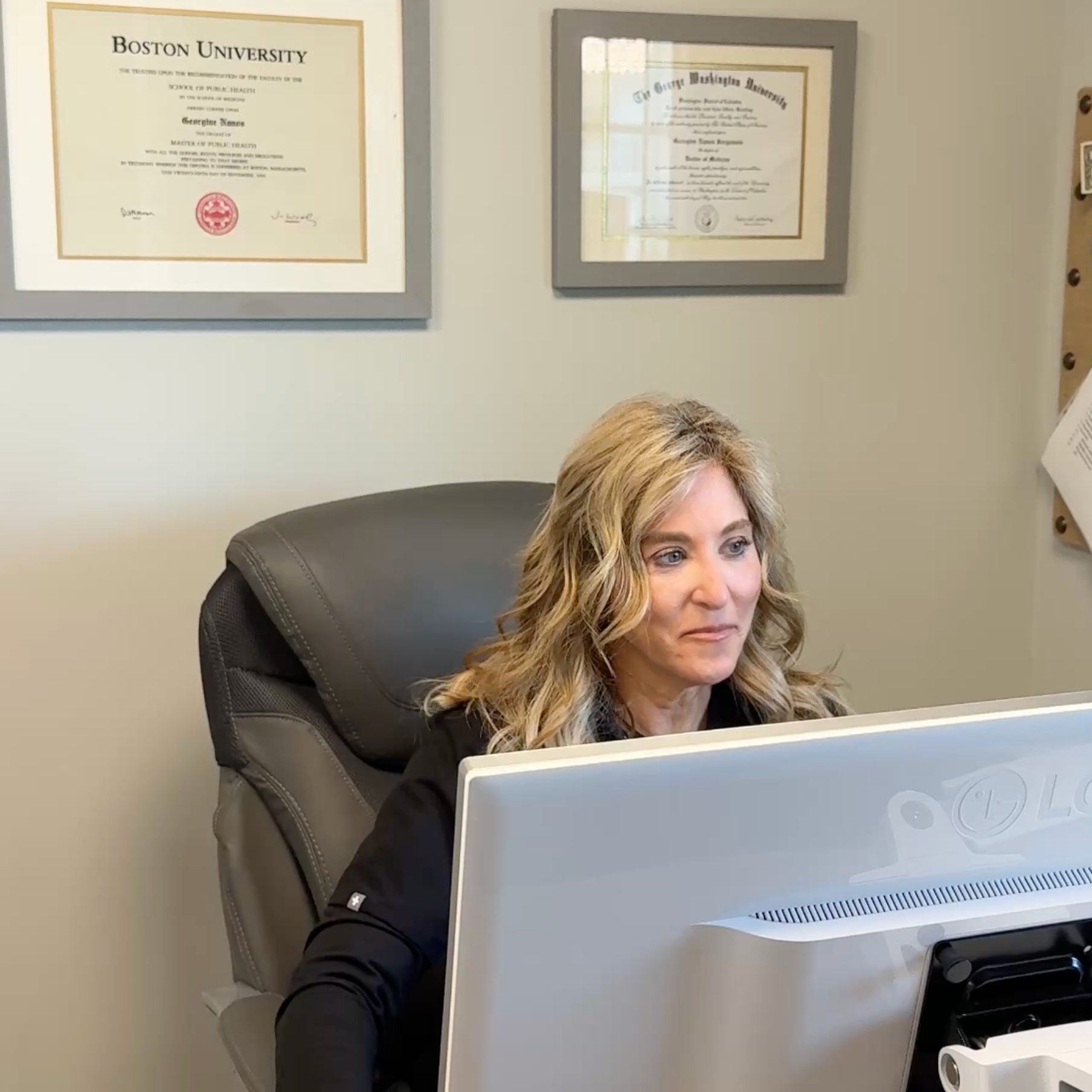
Meet the Author
You might also enjoy:
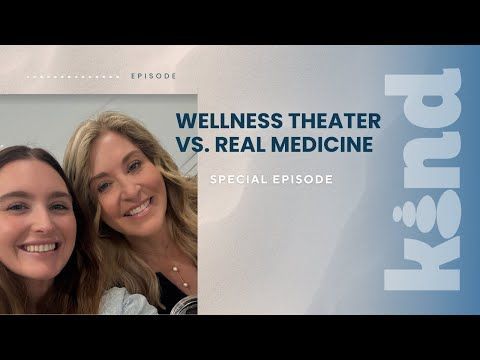
Longevity medicine is a trillion-dollar industry—but what actually works? Dr. Georgine Nanos, board-certified physician with 20+ years of family medicine experience, separates wellness theater from real science in this honest conversation about supplements, detoxes, brain health, heart disease, GLP-1s, and the fundamentals that truly impact how long and how well you live.
In this episode:
⏱️ 0:00 - Introduction
⏱️ 3:17 - Why the wellness industry is exploding (and who's profiting)
⏱️ 5:30 - What actually works: The unsexy fundamentals
⏱️ 7:01 - "Wellness theater" explained—the illusion of health
⏱️ 8:47 - The truth about detoxes and cleanses (spoiler: your liver already does this)
⏱️ 11:57 - Supplement dangers: Why "natural" doesn't mean safe
⏱️ 13:58 - PSA: Tell your doctor what supplements you're taking
⏱️ 15:53 - Brain health and longevity: The stress-aging connection
⏱️ 19:49 - Heart disease: The #1 killer no one talks about
⏱️ 22:17 - GLP-1 medications: Why they're revolutionary
⏱️ 27:18 - VO2 max and Zone 2 training: Simple cardio that extends life
⏱️ 31:19 - Why patients distrust doctors (and it's not the doctors' fault)
⏱️ 35:55 - Red flags: Spotting fake "experts" online
⏱️ 38:55 - Where to start in 2026 without burning out
📍 Kind Health Group is a San Diego-based integrative primary care practice offering comprehensive wellness programs, advanced cardiac testing, brain health services
🔗 CONNECT WITH US:
Website: kindhealthgroup.com
Instagram: @kindhealthgroup
Gallery Test (cancer screening)
Prenuvo MRI
InBody scans
Zone 2 training research
GLP-1 medications (Ozempic, Wegovy, etc.)
💬 If this episode helped you feel more grounded about your health, share it with someone who needs that reminder.
This is The Kind Revolution Podcast—subscribe for more conversations about brain health, longevity, and transforming how we think about healthcare.
